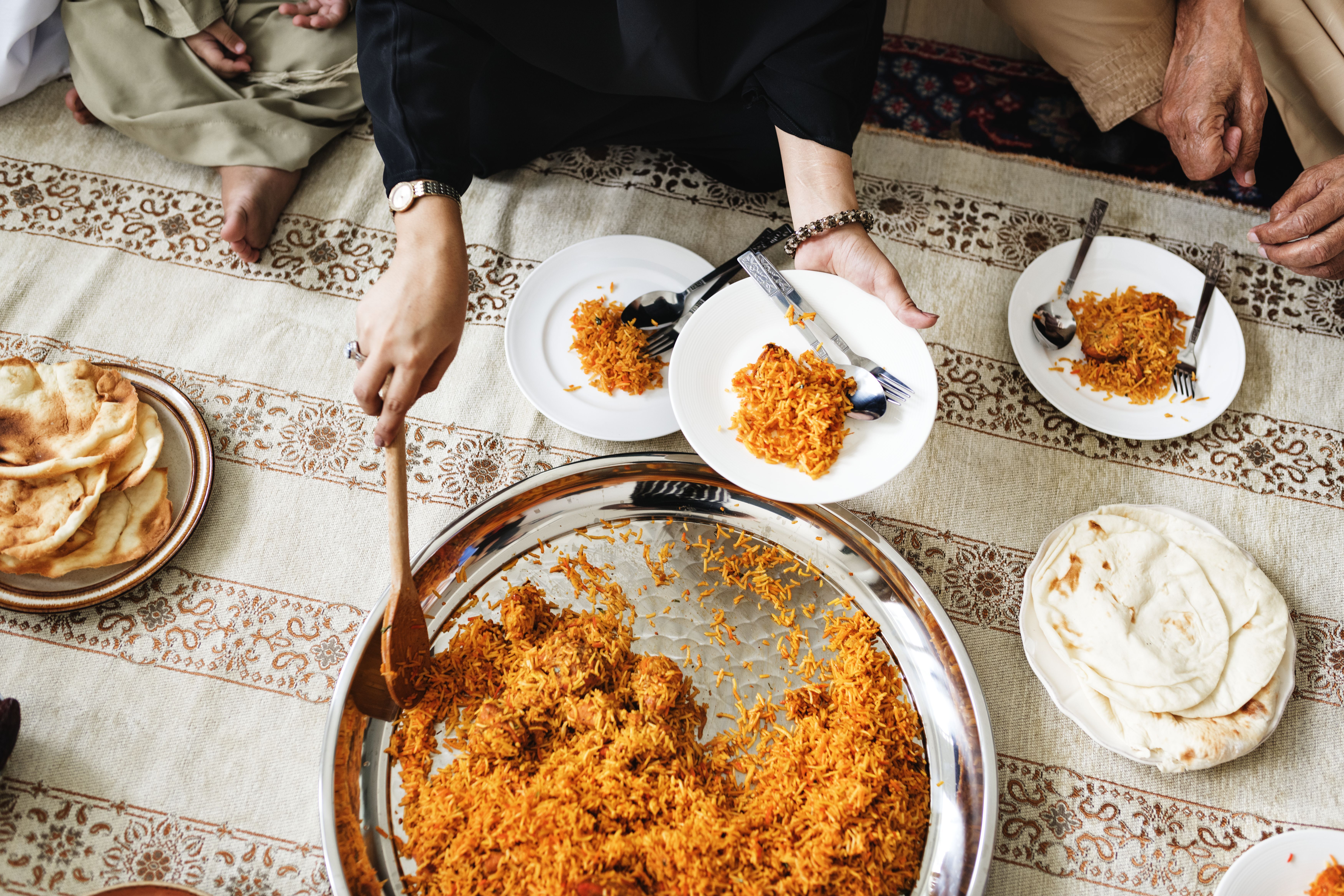
For many Muslims, Ramadan is not just a time of fasting, but a season of reflection, generosity, and togetherness. It’s about creating a festive atmosphere, deepening worship, sharing meals, and helping those in need. For Maliha Cheema, a supporter of Lutheran Social Services of the National Capital Area (LSSNCA), these values are central to what makes the month so meaningful.
“I grew up in Saudi Arabia,” Maliha shared, “and I remember moving to the U.S. and my first Ramadan being very lonely.” That experience of isolation left a lasting impression. “To be able to help people break a fast is a blessing for us. They feel like someone is with them. They feel welcome and that they are not alone.”
This desire to foster a sense of belonging—especially for those far from home—led Maliha to take action. After attending an event hosted by an LSSNCA board member, she learned about the organization’s work with newly arrived families, many of whom are Afghan allies resettling in the D.C. metro area.
“Ramadan is about community,” she said. “It’s not just about not eating but about a festive environment, a lot of worship and food sharing. It’s about learning to be patient and kind to people.” What began as a plan to serve meals to 20 or 30 individuals quickly grew.
“I sent out a text to a few groups of people I know, and within two hours, we raised enough to cover catering for 100 families. We were able to deliver around 400 meal boxes.”
That outpouring of generosity was a testament to the spirit of Ramadan.
“In Ramadan, everyone is very generous. We believe that whatever dollar we spend during Ramadan will come back multiplied,” Maliha explained. “Each person was donating for five families at a time. It shows how eager the community is to help.”
The meals—warm, freshly prepared dishes meant to be eaten within two hours—were carefully packed and delivered to 100 families across Maryland and Virginia. “Each family received four trays, with each tray feeding two people,” she said.
Although they initially hoped to host the dinner at a local mosque, the logistical challenges of serving a geographically dispersed community did not make it possible. Instead, with the help of LSSNCA staff and volunteers, families received a warm meal and a moment of connection.
That connection was also expressed in more personal ways. “We’re making cards with our families and kids—personalized messages and items,” Maliha said. “Since we are not able to break the fast in the same place, a personalized note reminds them that someone is thinking of them.”
One volunteer driver received a heartfelt message of thanks from a recipient:
“Delivering food to the newly arrived Afghans from such a long distance is truly incredible. We really appreciate everything you're doing. Wishing you both good health, a long life, and lots of peace and happiness.”
Looking ahead, Maliha and her friends are thinking beyond Ramadan. “Whenever we’re made aware of a refugee in need, we try to support them,” she said. “That might be financial support, helping them with paperwork, or even getting a LinkedIn account set up.”
For Maliha, this work is deeply personal. “Any one of us can be in that position—being in a foreign land where everything is new. It’s so important to feel that there are people around you, willing to help.”
She adds, “It takes a community. I want to thank LSSNCA for helping us through it. They are making sure that support reaches the families who need it most.”
Consider a financial or in-kind gift to help us continue supporting families as we face funding cuts. If you'd like to learn more about how to welcome and help resettle refugees with your friends, congregation, and family, email engagement@lssnca.org.
